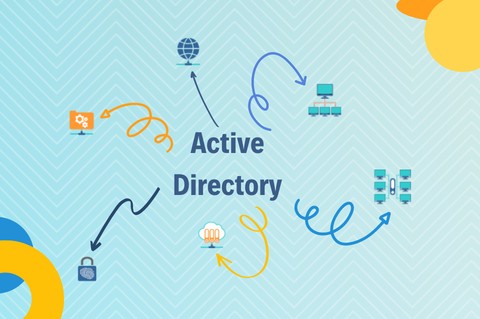Have you ever thought about where we keep all of the information in our brains? Isn’t it really strange that there is an organism in our brains to store, retain, and later recall information? Unfortunately, our memory system depends on the knowledge in the near past, so we cannot recall every little detail Let’s adapt this ability into a large-scale system.
In comparison with the memory system in the human body, databases used in healthcare, government, scientific researches, mathematics, sports, etc. require extensive, well-organized and well-functioned systems in order to find the necessary data.
In this context, data mining has a great deal of importance for gathering, analyzing, processing and interpreting the information. It means mainly picking the information from data sets to identify patterns and establish relationships to solve problems through data sets.
In this framework, using data mining has become an obligation for hospitals and medical organizations. Since there can be huge amounts of data sets in hospitals, it is necessary to provide the protection of data and prevent fraud.
How does Data Mining work in hospitals?
For practicing data mining, it is important to include machine learning and statistical analysis, along with data management. In data mining, analytic techniques are used to find useful information in data sets.
Data mining is formed by four stages: Data gathering makes target sets created with original data, Data preparation is about formatting and standardizing the data, Mining is the actual step to detect patterns and knowledge, and Interpretation is the process of extracting insights from the patterns mined.
In hospitals, the software can help doctors identify the best treatment plan by comparing the symptoms of multiple patients being treated for the same condition. Thanks to this developed software system, not only many treatment opportunities for many symptoms can be provided but also many drugs can be tracked properly.
Using data mining in healthcare allows medical professionals to follow their patient’s treatment plan, avoid staff shortages and drug undertakings, and implement new approaches and technologies while ditching ones. Thus, clustering and classifications are important algorithms for the use of data mining since data need to be categorized according to several criterias or similarities. So medical experts can find the association and connection between the symptoms or the content of drugs.




